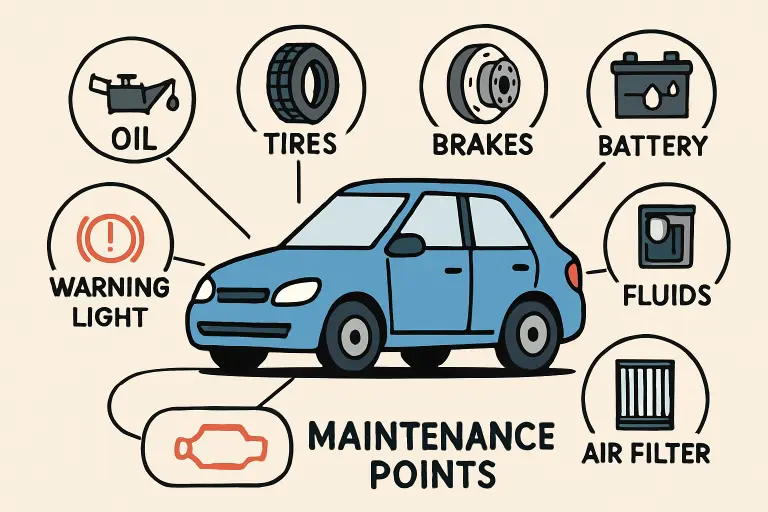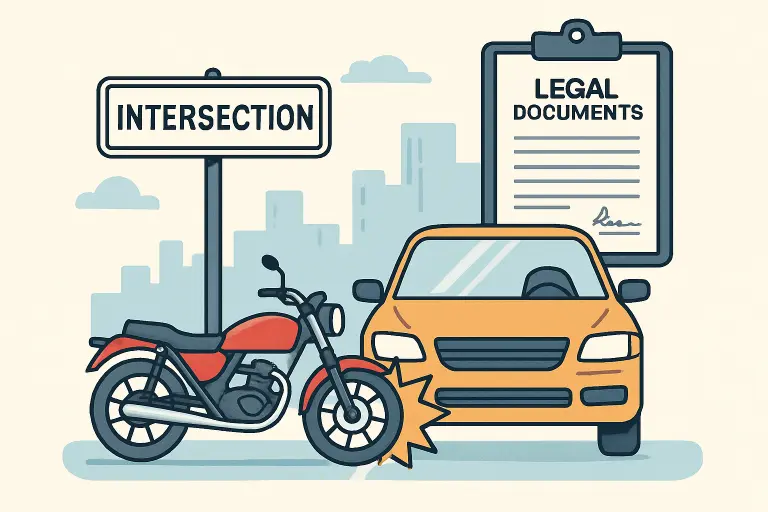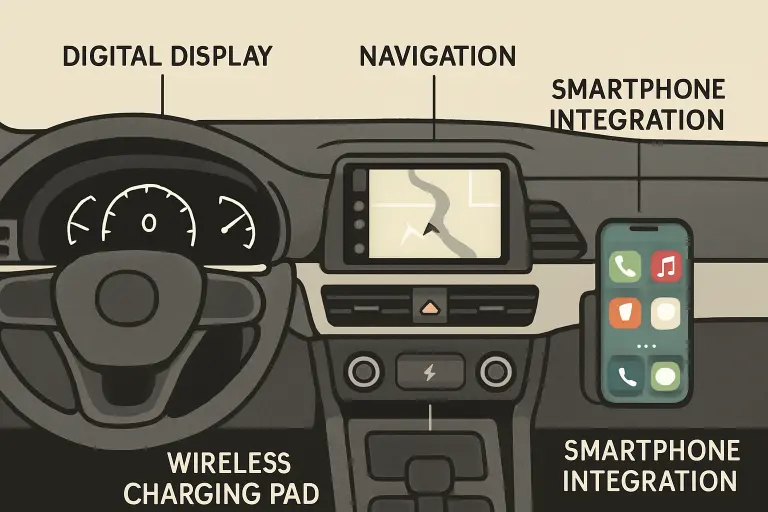Tackling the International Baccalaureate (IB) Mathematics curriculum is like embarking on a high-stakes adventure, one that requires strategic planning, adaptability, and resilience. The curriculum’s two pathways, Analysis and Approaches and Applications and Interpretation, each present unique puzzles to solve, demanding not only a strong grasp of mathematical concepts but also the ability to apply them in various contexts. As you stand at the threshold of this academic challenge, let’s map out the strategies that will guide you to success.
The IB Mathematics course is not just about crunching numbers; it’s a mental marathon that tests your limits and expands your horizons. To thrive, you’ll need to embrace the curriculum’s demands, which go beyond the traditional classroom approach. Let’s dive into the strategies that will help you navigate and master the complexities of IB Mathematics.
Table of Contents
Decoding the Exam Structure
Understanding the structure of your exams is like learning the rules of a game before you play. The Standard Level (SL) exams are designed to test your breadth of knowledge, while the Higher Level (HL) exams demand a deeper understanding of mathematical concepts. For instance, SL might feature two papers—one focusing on core topics and the other on applied mathematics—whereas HL students might tackle three papers, with the third delving into more advanced territory.
To tailor your preparation effectively, familiarize yourself with the specific formats. How many questions are there? What types of problems are you likely to encounter? Are there any questions that carry more weight? Grasping these details will help you allocate your study time wisely and give you an edge when you sit down for the actual exam.
Imagine crafting a study plan that fits you perfectly, designed to highlight your strengths and bolster your weaknesses. Begin by conducting a self-audit of your mathematical skills. Identify the topics that resonate with you and those that seem like a foreign language. This self-awareness will be the foundation of your personalized study plan, one that aligns with your learning style and sets achievable milestones.
Consider incorporating a variety of study methods into your plan. For example, dedicate certain days to deep-dive sessions into complex theories, while other days might be reserved for rapid-fire practice problems. The key is to maintain a balanced approach that keeps you engaged and prevents burnout.
Staying Current with Key Topics and Syllabus Changes
The IB Mathematics syllabus is a living document, subject to updates and revisions. Staying on top of these changes is crucial. Make it a habit to check the official IB website for announcements or join online forums where educators and students discuss the latest developments. This proactive approach ensures you’re never caught off guard by syllabus shifts.
Prioritize your study efforts by focusing on the key topics that frequently appear in exams. These are the concepts that form the core of the curriculum and will likely be the source of many exam questions. By mastering these areas, you’ll be well-prepared to tackle the majority of the exam content.

Applying Effective Revision Techniques to Mathematics
Mathematics comes alive through practice and engagement. Passive reading of notes is not enough; you need to interact with the material. Try solving problems without the aid of your textbook or notes to simulate exam conditions. This active approach to revision helps solidify your understanding and boosts your confidence.
Incorporate a variety of revision techniques into your routine. For example, use flashcards to memorize key formulas, or create mind maps to visualize the connections between different mathematical concepts. These techniques can make abstract ideas more concrete and easier to recall during exams.
Diversifying Learning Resources
In the digital age, a plethora of learning resources is available at your fingertips. Interactive simulations can help you visualize geometric concepts, while educational apps offer practice problems that adapt to your skill level. Online video tutorials can provide a different perspective on complex topics, often breaking them down into more digestible pieces.
Don’t hesitate to mix and match these resources. You might find that a combination of traditional textbooks, online courses, and study groups gives you a well-rounded understanding of the material. By diversifying your study materials, you’re more likely to find explanations and examples that resonate with you and enhance your learning experience.
One of the most effective tools in your arsenal is the strategic use of IB math past papers. These past papers serve as a blueprint for the types of questions you can expect on exam day. By practicing with these papers, you’ll familiarize yourself with the exam format, question styles, and time constraints, which is invaluable for your preparation.
When working through past papers, treat each session as if it were the actual exam. Time yourself, work through the questions methodically, and resist the urge to look up answers until you’ve completed the paper. This disciplined approach will pay dividends when you’re faced with the real thing.
Time Management Strategies
Effective time management can be the difference between feeling rushed during an exam and approaching each question with a calm, focused mind. Start by breaking down your study sessions into focused intervals, using techniques like the Pomodoro method to maintain concentration. Allocate specific time slots for different types of math problems, ensuring that you cover a range of topics in each study session.
On exam day, keep a close eye on the clock. If you encounter a challenging question, don’t let it derail your entire exam. Move on to questions you can answer confidently and return to the tougher ones if time allows. This strategic approach ensures that you maximize your score without getting stuck on any single problem.
Navigating Exam Stress
The pressure of IB exams can be overwhelming, but with the right mindset and strategies, you can channel that stress into a driving force for success. Develop a routine that includes regular breaks, exercise, and relaxation techniques to keep stress levels in check. Remember, a well-rested mind is more capable of critical thinking and problem-solving.
It’s also important to maintain a support network. Stay connected with friends, family, and classmates who can offer encouragement and advice. Sharing your experiences and challenges with others who understand the IB journey can provide comfort and motivation when you need it most.
A Checklist for IB Mathematics Success
As you approach the culmination of your IB Mathematics studies, it’s helpful to have a checklist to ensure you’re covering all your bases. Have you familiarized yourself with the exam structure and created a study plan that suits your learning style? Are you keeping up with syllabus changes and focusing on key topics? Have you diversified your learning resources and incorporated effective revision techniques into your routine? Are you making the most of IB math past papers and managing your time efficiently? And finally, are you taking steps to manage stress and maintain a healthy balance?
Keep this checklist at hand as you prepare for your exams. By systematically addressing each point, you’re not just preparing for a test; you’re cultivating the skills and mindset needed to excel in IB Mathematics and beyond. With determination and the right strategies, you’re well-equipped to navigate the challenges ahead and achieve success.



























































































































































































































































































































































































































































































































































































































































































































































































































































































































































































































































































































































































































































0